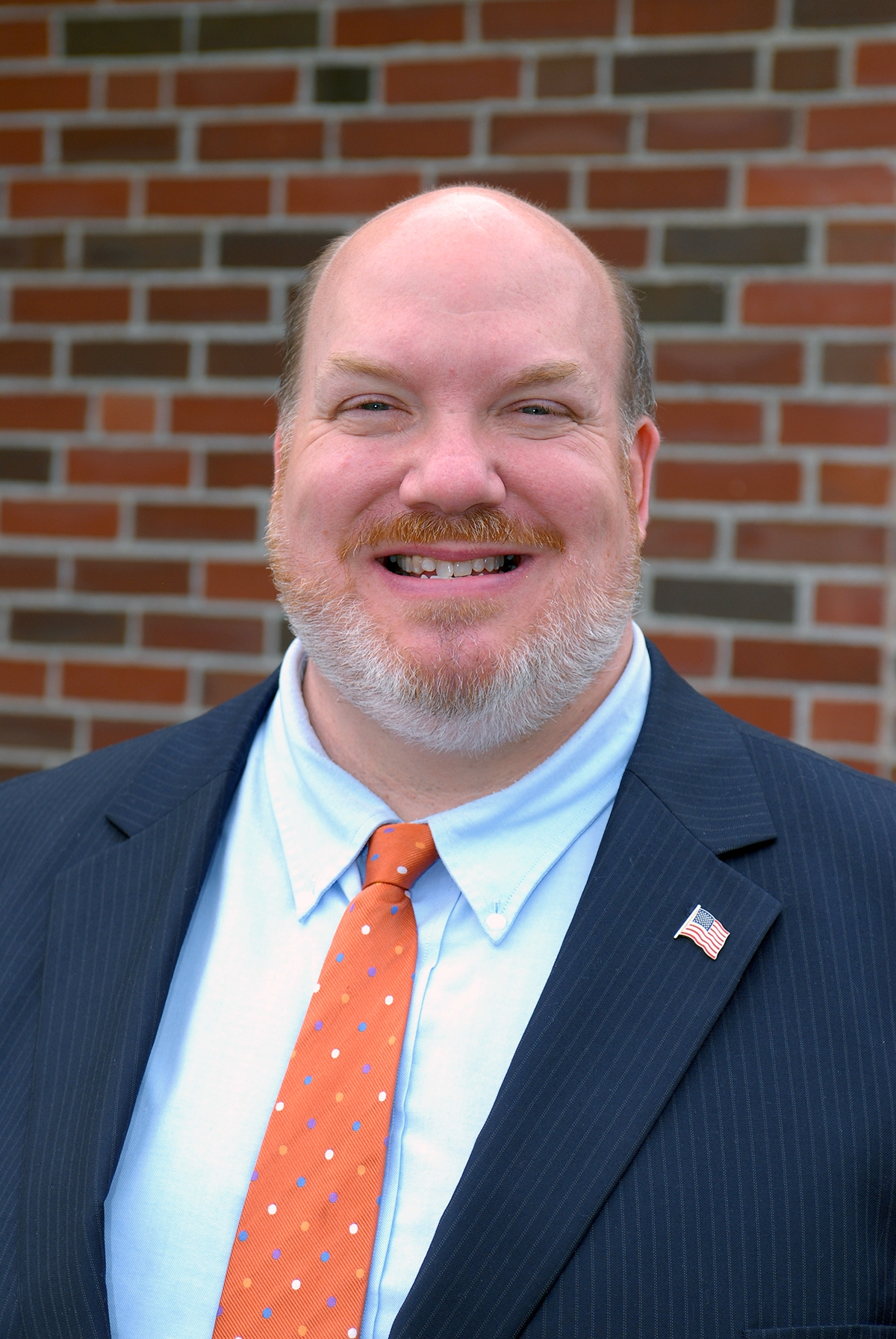WESTFIELD – On Thursday, May 11, the Massachusetts Senate Bill S. 735, an Act relative to transgender anti-discrimination, sometimes called “the bathroom bill” passed with 33 yeas, and 4 nays.
The bill added the words “gender identity” to the following paragraph:
“Any public accommodation including, without limitation, any entity that offers the provision of goods, services, or access to the public that lawfully segregates or separates access to such public accommodation, or other entity, based on a person’s sex shall grant all persons admission to, and the full enjoyment of, such public accommodation, or other entity, consistent with the person’s gender identity.”
The four nay votes were cast by four of the five republicans in the Senate, including Senator Donald F. Humason, Jr. (R-Westfield), the Minority Whip. The sole republican to vote for the bill was Rep. Mark D. Pacheco (D-Taunton).
State Senator Benjamin B. Downing (D – Pittsfield), who filed the Transgender Equal Rights Bill which was signed into law in 2011, said in a press release Friday that the new bill provides equal access to public places for every resident of the Commonwealth, regardless of gender identity. Public accommodations include but are not limited to restaurants, nursing homes, coffee shops, grocery stores, and sports arenas.
“The Senate did the right thing today,” said Downing. “This has all been a long time coming; the work we did to guarantee transgender individuals protection from discrimination in terms of employment and housing two sessions ago, while imperative in its own right, was finally able to cross the finish line today by safeguarding the most basic rights of every person to exist as his or herself peacefully and inclusively within their own communities.”
Downing said that according to a 2014 Fenway Health survey, 65 percent of Transgender Massachusetts residents reported experiencing discrimination in public spaces including restaurants, retail establishments, and health service centers. This legislation prevents such discrimination against transgender individuals in public accommodations by adding the phrase “gender identity” to pre-existing law.
Humason spoke to The Westfield News on Friday about his vote and the debate. He said he voted no because he views his role as a legislator to strike a balance between expanding rights for transgender people, and protecting an individual’s reasonable expectation of privacy, “primarily women and children who use a locker room or shower in a public restroom,” Humason said.
He said it was a long debate, and a good debate, allowing every Senator who wanted to have a say a chance to speak. Several amendments were proposed by the republican caucus that ultimately did not pass. The one amendment that did pass by the bill’s filer Sen. Sonia Chang-Diaz (D-Boston) would put the law into effect immediately.
“I didn’t feel like it was an unfair process,” he said. He said legislators vote according to the will of the people in their district, and he did not find there to be strong support for the bill in his district.
“I found there were a lot more questions than support,” he said.
The bill now goes to the House of Representatives for consideration as House Bill 1577.
Humason said the House version contains some of the things that the republican caucus was trying to put into the bill including a delay in implementation which would allow restaurant owners and others affected time to implement it without penalty.
The other language in the House bill is an improper use clause, which would provide the same penalty for someone who decides to use this law to do an improper act as for a restaurant owner who refuses accommodation to a transgender person, in addition to any other penalties that would apply depending on the improper act.
Two of the most troubling things for Humason about the Senate bill are the fact that the standard for gender identity in Massachusetts is self-identification only. He said that is a tough standard because it can change depending on how one feels on any given day.
“How do you expect general members of society to deal with that?” Humason said. “That just seems really dangerous.”
In addition, he feels that the laws are expanding rights for one class of citizen and contracting rights for others.
Humason said as emotional as the debate was in the Senate, there are rules that don’t allow personal attacks, and he considers the other senators all friends. Outside the Senate, it’s another story.
“I’ve been called some nasty names. It’s sad we can’t be tolerant of other people’s views on this issue,” Humason said. He’s looking forward to getting back to work on the state budget next week, where he and all the senators from Western Mass. will be looking to bring more money back here.
State Rep. John C. Velis (D-Westfield) responded to an inquiry from The Westfield News on whether he will support the bill in the House with the following statement:
“Until all of the public safety and privacy concerns I have for my constituents have been addressed I cannot commit either way on this bill. I believe the bill passed by the Senate yesterday was immensely flawed in that It did not adequately address the aforementioned public safety and privacy concerns of all citizens as opposed to a select group of citizens who claim discrimination. The house bill as currently written does a significantly better job ensuring that folks throughout Massachusetts do not face a public safety risk or run the risk of their privacy being invaded,” Velis said.
“My foremost responsibility as a State Representative is the public safety not only of the people of Westfield but every citizen of the Commonwealth of Massachusetts. I look forward to reviewing the final version of the House bill to see if these paramount concerns have been addressed before deciding how I will vote,” he added.
State Rep. Nick Boldyga (R-Southwick) who was not available for comment, has previously expressed reservations about the bill which would allow access to public restrooms based on gender identity rather than gender.
“Historically, you know, a gender-specific bathroom has been the safe haven for women if it’s a women’s bathroom, and men if it’s a men’s bathroom so I do have concerns about that,” Boldyga previously stated.





